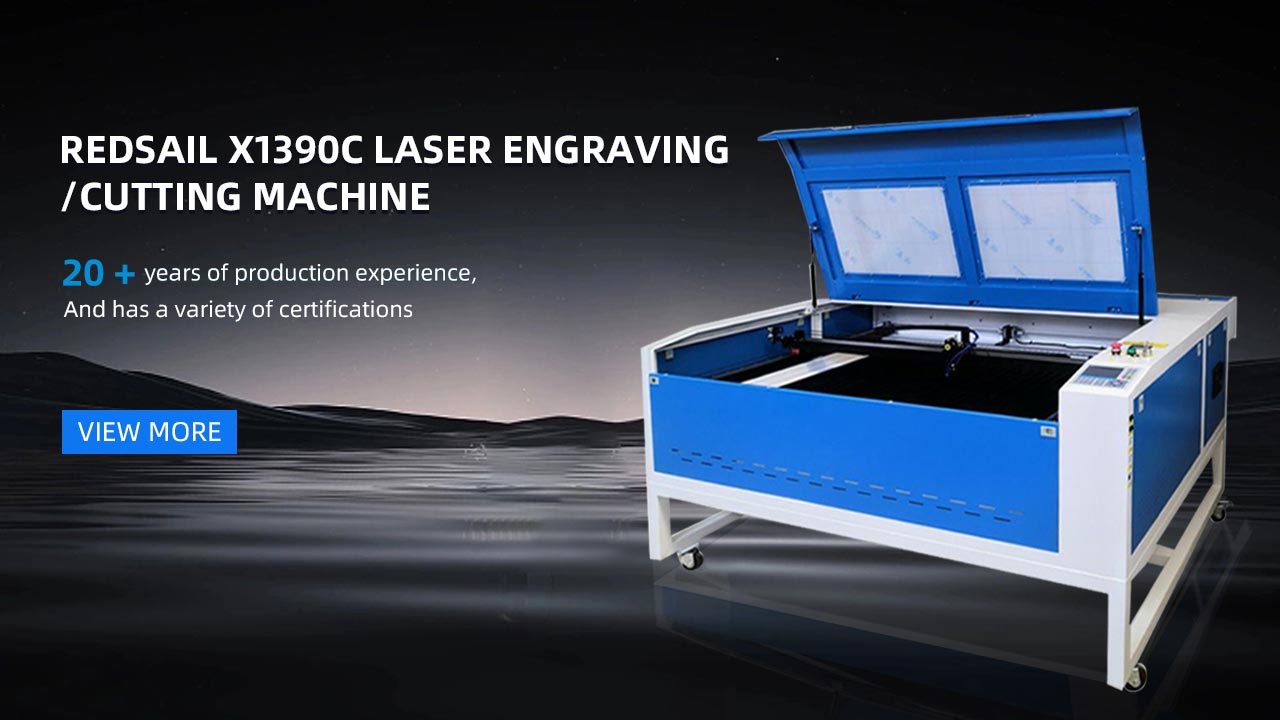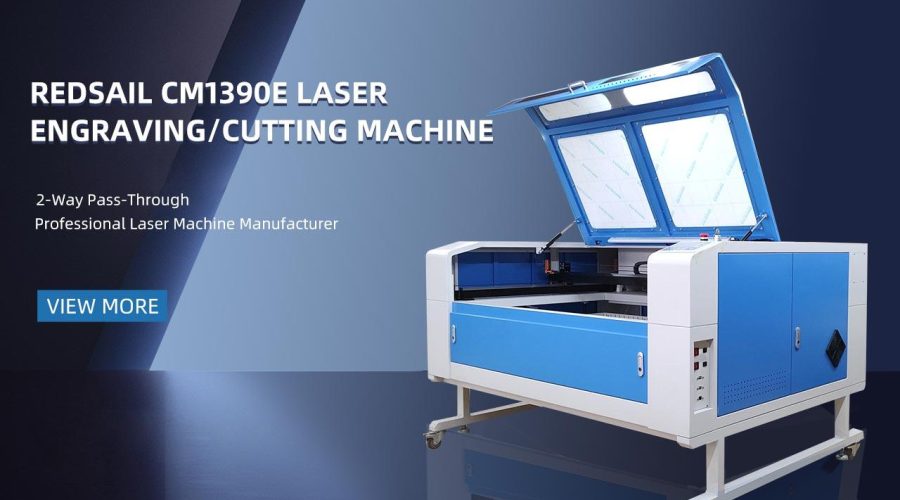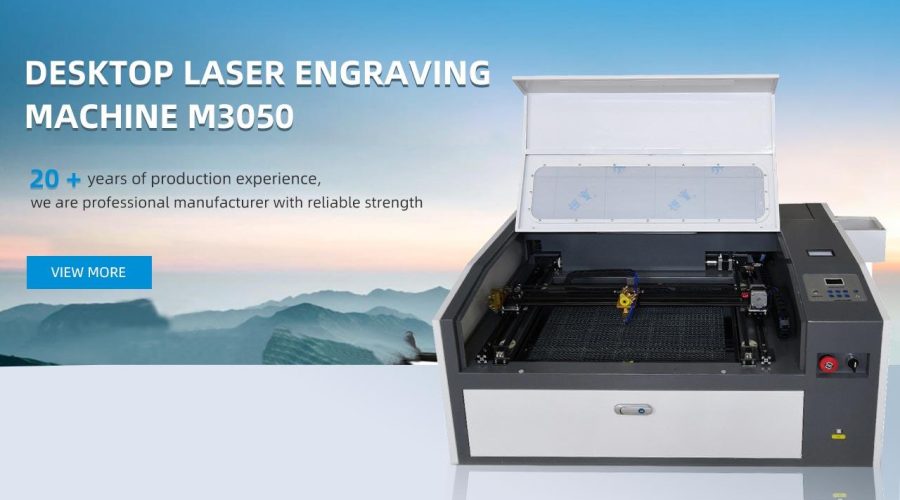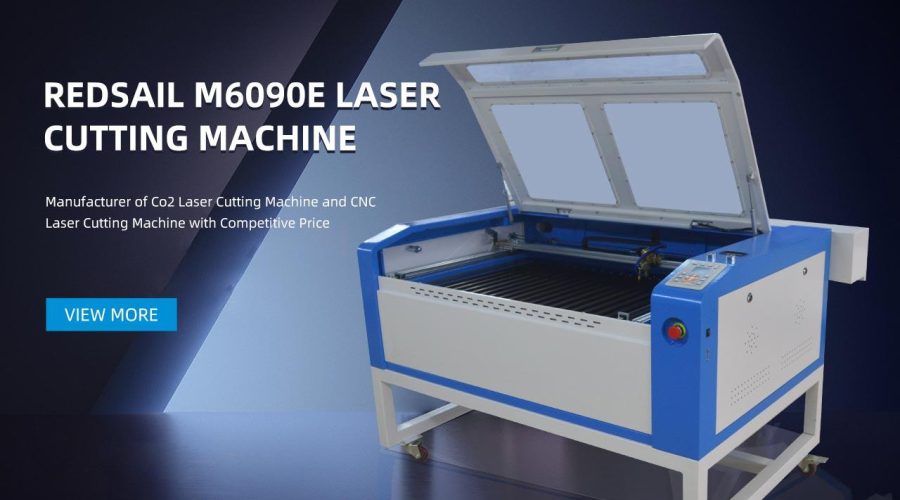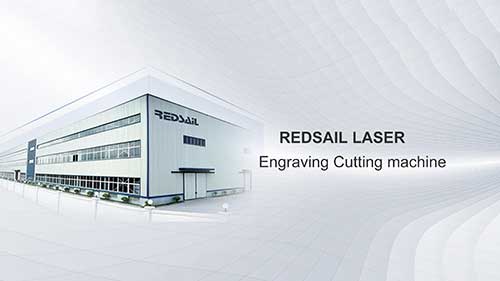Is a Laser Engraver Worth the Investment?
In recent years, laser engraving has gained popularity among hobbyists, small business owners, and even large corporations. As a non-contact, highly precise method of engraving, laser technology offers numerous advantages over traditional engraving techniques. However, like any investment, it’s important to carefully evaluate whether a laser engraver is worth the cost. In this article, we will explore the benefits and drawbacks of owning a laser engraver, helping you make an informed decision.
Benefits of Investing in a Laser Engraver
- Precision: Laser engraving provides unparalleled precision, allowing for intricate and detailed designs. From delicate lettering to complex artwork, a laser engraver can recreate even the finest details with stunning accuracy.
- Versatility: A laser engraver can work on a wide range of materials, including wood, metal, plastic, glass, leather, and more. This versatility opens up a world of possibilities, enabling you to create personalized products in various industries such as signage, jewelry, promotional items, awards, and even personalized gifts.
- Efficiency: Unlike traditional engraving methods that may require hours of manual labor, laser engraving is incredibly efficient. With its ability to engrave multiple items simultaneously and its automated processes, a laser engraver drastically reduces production time and increases productivity.
Drawbacks to Consider
- High Initial Investment: Purchasing a laser engraving machine can be a significant financial commitment. The cost typically ranges from a few thousand dollars for entry-level machines to tens of thousands for high-end professional models. It’s essential to assess your budget and calculate the return on investment based on your anticipated usage and potential revenue.
- Complexity: Operating a laser engraver requires some technical knowledge, particularly when it comes to software setup and designing files for engraving. While modern engraving machines come with user-friendly software, a learning curve may be involved for beginners.
Factors to Consider Before Investing
If you’re contemplating investing in a laser engraver, consider the following factors:
- Type of Engraving Projects: Assess the nature of projects you plan to undertake. If you primarily require simple, low-volume engravings, a laser engraver may not be the most cost-effective solution. However, if your projects include intricate designs, mass production, or require engraving on multiple materials, a laser engraver is likely worth the investment.
- Business Potential: If you’re planning to start a business or expand an existing one, a laser engraver can provide a competitive edge. It offers the possibility of monetizing your creativity and accommodating custom orders, enabling you to capitalize on unique product personalization trends.
- Time Considerations: Determine the time you can commit to operating a laser engraving machine. If you have limited spare time, owning a laser engraver might not be practical, given the learning curve and setup time required for each project.
Ultimately, the decision comes down to your specific situation, budget, and goals. By carefully evaluating the benefits, drawbacks, and your personal circumstances, you can make an informed choice about whether a laser engraver is worth the investment for you.
Frequently Asked Questions (FAQs)
Q: Can I use a laser engraver for my personal crafting projects?
A: Absolutely! A laser engraver can be a fantastic tool for personal crafting projects. From engraving intricate designs on leather wallets to creating unique wooden decorations, a laser engraver allows you to add a personalized touch to your creations.
Q: Are there any safety concerns associated with laser engraving machines?
A: Laser engravers utilize powerful laser beams, so safety precautions are crucial. It’s essential to wear protective eyewear to prevent eye damage and take proper ventilation measures to ensure the removal of any toxic fumes. Additionally, it’s important to carefully follow the manufacturer’s guidelines and frequently maintain the machine.
Q: Can a laser engraver cut materials?
A: Laser engravers are primarily designed for engraving and marking purposes. However, some high-powered laser engravers can also cut thin materials like paper, cardboard, and fabric. For extensive cutting requirements, dedicated laser cutting machines are a more suitable option.
By carefully evaluating your needs, potential revenue opportunities, and the feasibility of operating a laser engraving machine, you can determine if it’s a worthwhile investment. With its precision, versatility, and efficiency, a laser engraver can open up an array of creative and business possibilities.

